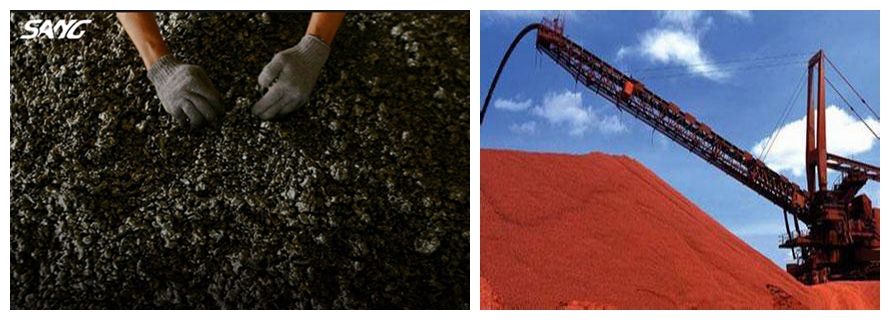The London Metal Exchange (LME) three-month nickel price sits in suspended animation at $48,048 per tonne, Monday’s closing price and the last trade with even a semblance of legitimacy.
Tuesday’s mayhem and the resulting decision by the LME to suspend all trading has frozen what is the core reference price for the global supply chain stretching from miners to stainless steel mills and electric vehicle battery makers.
China is also in black-out. The Shanghai Futures Exchange has suspended trading until Friday.
Today there is no global nickel trading and no price formation.
It’s a truly shocking outcome but not without precedent.

Indonesia, the world’s driver of primary production growth, doesn’t produce nickel in Class I form.
Tsingshan, the Chinese company at the epicentre of the current storm, has massive nickel capacity in Indonesia but its metal is either flowing directly into its stainless steel meltshops or being converted into intermediate products for shipment to Chinese battery makers. None of it is Class 1.
Whatever the mix of price hedging and speculative overlay in the company’s positioning, the short play ultimately had no physical delivery escape path.
Others may have fallen through the same price-delivery gap. The LME’s latest positioning report shows four significant short-position holders on the main March prompt date. If those are hedges against anything other than Class I, the owners are in the same pickle.
Nickel’s deliverability issue has dogged the LME contract since launch. There was intense industry discussion in the 1990s about the disconnect between exchange and supply-chain pricing.
But finding good-delivery criteria for a highly variable product such as ferronickel, which can grade between 20% and 40% with a wide spectrum of iron content, proved impossible.
The stainless steel sector, historically the largest user of nickel, evolved a surcharge system to try and mitigate and pass through nickel’s price volatility, but at the occasional cost of generating an echo-effect in the stainless stocking cycle.
Nickel sulphate, a fast-growing process stream which is destined for battery makers but is also not exchange deliverable, opens up another potential rift in the pricing landscape.
The London Metal Exchange is facing a lot of pressure to think harder about how it manages markets such as nickel after this week’s chaos.
But the nickel market also needs to think a lot harder about how it wants to handle its pricing risk.
For more details about Industry related news,Follow and contact us
24/7 via fax, email or phone.